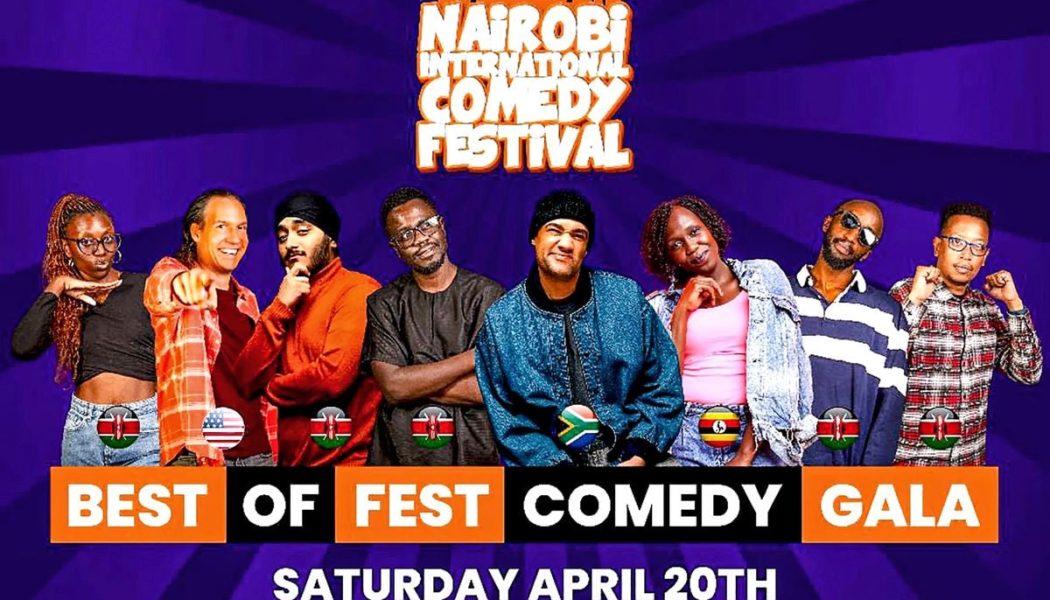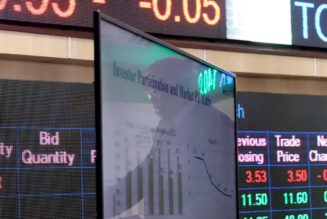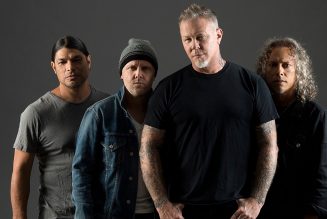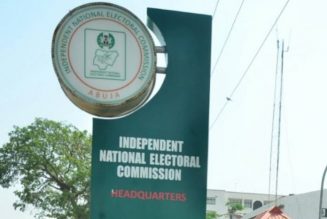
It’s 7:30 on Saturday evening, and we’ve been stuck in the same spot for over 20 minutes. I’m growing impatient, but it’s pouring outside, so getting a boda boda is out of the picture. The driver starts rambling on about Nairobi drivers misbehaving because police officers won’t direct traffic in such weather (he must have noted my impatience). The venue is less than a kilometre away; I can literally see the blurry neon light at the entrance. So, I take a deep breath and resign myself to the idea that I’m going to miss the opening of Stand Up Collective’s Nairobi International Comedy Festival Gala night.
The Nairobi International Comedy Festival took place from April 17th to April 21st, 2024. This five-day extravaganza featured a lineup of exciting events, including the Kisiangani Podcast Live Experience featuring Mwafreeka from the Iko Nini podcast, The Other Other News X Fake Woke with Justine featuring Justine and Ty Gachira, the highly debatable show with Doug Mutai and All Stars, the Comedy Gala headlined by Robby Collins, and finally, on Sunday, a family show for all ages. Due to the overwhelming success of the Saturday Gala night, a second comedy gala was added to accommodate those who missed the Saturday show.
All events took place at Chemichemi Restaurant.
The venue
Chemichemi Restaurant, at its core, is a dining establishment, a restaurant that ingeniously incorporates a small stage, quality sound system, and subtle yet effective lighting. The result? An intimate space perfectly suited for open mics and stand-up performances.
The Gala night
Since this is Nairobi and we know what happens when it rains, most stand-up fans, including myself, arrived late. Fortunately, the show was also delayed by a few minutes and consequently ended late. Despite the delay, the team delivered nearly three hours of stand-up comedy as originally planned.
Basically, by 8 pm, the restaurant was filled with a diverse group of stand-up fans, eagerly waiting for the start of the show. So, how did it turn out?
Emmanuel Kisiangani
Having a stand-up comedian as the MC for the evening worked, as Kisiangani skillfully set the tone of the show (with a little help from “the voice”). From the word go he established a relationship with the audience and got them comfortable. No one escaped his unpredictable observational joke and social-cultural commentary, from governors to bathroom jokes to hilariously risqué humour, his material covered a wide spectrum.
Additionally, he seamlessly transitioned acts, maintaining the pace after each performance (often through good-natured roasting), and keeping the audience fully engaged before the next comedian took the stage.
Doug Mutai
As the first act of the evening, Doug Mutai’s material was introspective and self-deprecating, centring on humorous reflections on ageing, balding, fashion in relation to Gachagua, and gym experiences.
His punchlines were organically delivered, a testament to his experience. He concluded his set with some insightful dating advice. It’s worth noting that this was Doug the stand-up comedian, not Doug the hype man.
David Macharia
The immediate standout thing about David is his accent, something that Kisiangani at the end noted and ran with. From VHS FBI warnings to Maasai culture and security, David, with his laid-back persona, delivered an unpredictable set fully taking advantage of misdirection and good comedic timing.
Cotilda Inapo (from Uganda)
Her vibrant stage presence immediately captured my attention; she was confident yet maintained a sense of humility when it came to integrating herself into most of her material.
Her set structure revolved around archetypes, whether exploring gender dynamics in relation to money or nationality.
Employing storytelling in her opening act, she skillfully utilised relatable premises and setups that kept the audience engaged through themes based on shared knowledge and experiences.
Kisiangani, naturally, couldn’t resist slipping in a joke based on her substantial time on stage in relation to her Ugandan heritage.
Amandeep
Whoever broke this man’s heart needs to be arrested.
Justine Wanda
Renowned for her Instagram satirical channel, Fake Woke Justine, Justine’s material featured a blend of personal experiences with societal issues, a touch of dark and non-obvious self-deprecation humour. I found her material to be too witty and intelligent for an audience, the majority of whom were in a state of intoxication from various substances (food included) at that moment.
George Waweru
“Sniper,” was my immediate thought after George exited the stage. He was precise, employing brevity and exploiting the gap between his premise/setup and punchline to deliver a concise yet rib-cracking set. Covering topics from doctors to his relationship with his father to issues of femicide and masculinity, his delivery was efficient and effective.
Darren Collins (US)
The first Collins of the evening, Darren’s material centred on his experiences as a white person attempting to lead an ordinary life in Nairobi, ranging from mundane daily routines to encounters with a probox. Despite being a foreigner, Darren managed to keep his material relatable, and his comedic timing was on point.
Robby Collins (South Africa)
“If this show works, am Robyn Collins, if it bombs, am Trevor Noah”
Robyn Collins, Nairobi International Comedy Festival 2024
With 16 years of stand-up experience, numerous awards, and several stand-up specials on different streaming services, Robyn Collins headlined the show.
My first impression was how relaxed and at ease he was on stage, think of a seasoned pro who had casually wandered into an open mic night and was asked to perform.
He kept his movements minimal, opting to remain seated or standing still, mindful of the intimate connection between himself and the audience due to the proximity of the stage.
As he took the mic and began engaging with the crowd, I couldn’t help but notice his resemblance to a fusion of Trevor Noah and Jeremy Clarkson. Throughout his performance, he skillfully connected with the audience, drawing on personal struggles such as his battle with dyslexia and alcoholism to foster relatability and vulnerability.
His punchlines were impeccably timed, even when delving into more sensitive topics. Rather than adhering to a rigidly planned set structure, his material seemed to flow organically, guided more by mind mapping than predetermined sequences. He effortlessly intertwined various themes, from biblical references to football jokes to social commentary on corruption and Covid lockdowns, showcasing his ability to weave premises together for satisfying callbacks.
How he tackled issues faced by both South Africa and Kenya, proved that the man had done a bit of research and had an understanding of the audience that he was working with. His use of observational humour and well-paced setups, leading to punchlines that he skillfully tagged, escalated and built upon was also impressive.
His style and demeanour made stand-up seem effortless, seamlessly transitioning from observation-based jokes to the normal narrative setups and punchlines, all while incorporating social commentary on shared experiences.
So, at the end of the day was it a Robby Collins show or a Trevor Noah show? Well…
Value for money
The Saturday gala night was an evening that, at the early moments, seemed unlikely to succeed amidst the traffic and pouring rain. However, they managed to overcome these obstacles.
The MC maintained a consistent pace throughout the show and actively engaged the audience. The comedians delivered their performances with confidence and a hint of humility, and at the end of it all the event was good value for the ticket. Nonetheless, there are one or two areas that could be improved.
Nitpicks
Look, I’m neither a stand-up comedian nor an event organiser. But I understand the challenges of mastering a set, and I’m viewing this from an outsider’s perspective.
I felt that the lineup arrangement could have been improved. With three foreign comedians, it would have made more sense for the show to open with either Cotilda or Darren and close with Robby Collins. This would have better reflected the “international” aspect of the festival.
Additionally, I noticed that most acts presented familiar material (I understand that there’s a science to it) I hoped that they could have retouched the material or thrown in one or two materials that they were working on.
Last word
All in all, this was not a “Trevor Noah show”
Stand Up Collective typically hosts shows every Friday and Wednesday. And I’m not just advocating for them because they’re Kenyan and we should support local talent; rather, it’s because the experience they offer is genuinely worthwhile, both in terms of entertainment value and as a refreshing alternative for those seeking something new.
X: @stanslausmanthi









